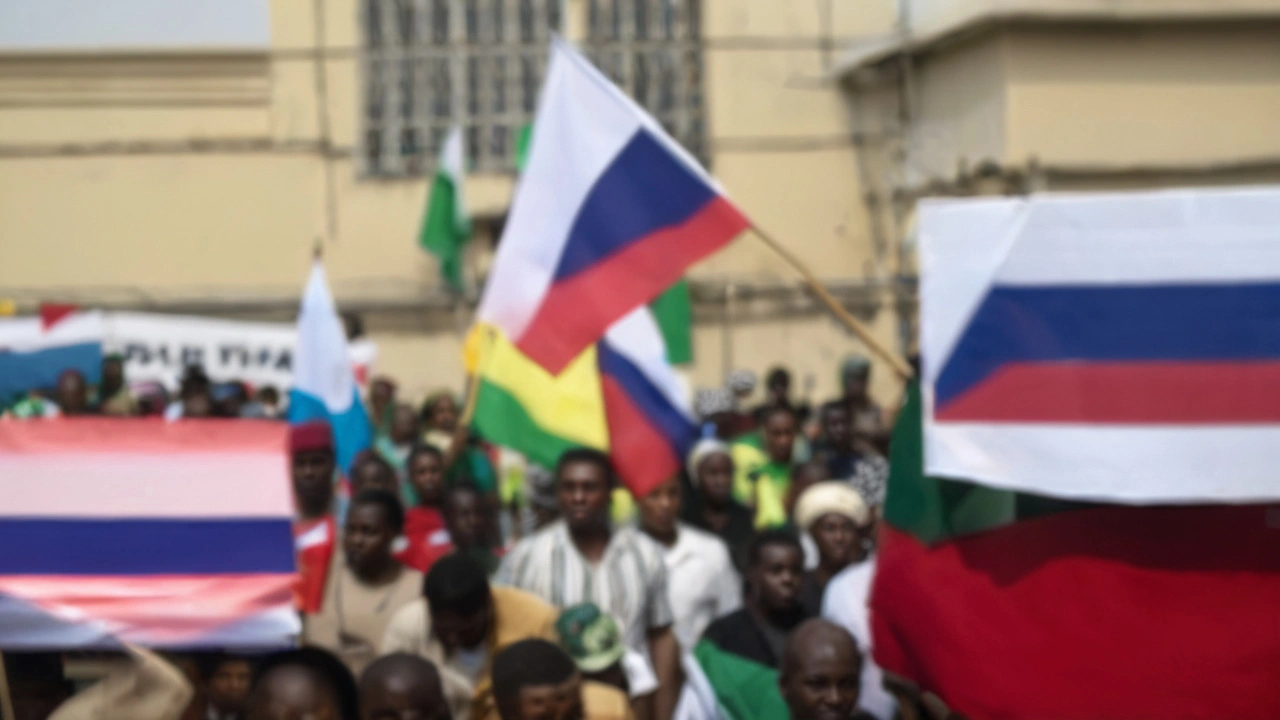Nigerian Protesters: What’s Driving the Unrest?
If you’ve been following the news, you might have heard about the Nigerian protesters making headlines. These protests are more than just loud gatherings; they signal deep concerns affecting everyday people in Nigeria. One big issue is the ongoing cash shortage causing frustration across the country.
Bank workers and retail operators have raised alarms about how the Central Bank of Nigeria (CBN) is handling cash flow, with many saying the current policies make it harder for people to access money. This shortage isn’t just inconvenient—it impacts businesses, families, and the whole economy.
Why Are People Protesting?
It’s not just about money in the bank or wallet. The protests reflect wider frustrations with economic challenges like inflation and policies seen as hurting ordinary Nigerians. Many feel unheard and are demanding better management and transparency, which explains why protests are popping up in different cities.
Interestingly, the tension extends beyond just the financial crunch. Some groups are worried about the effect of government actions on employment and the cost of living. For example, telecom tariff hikes have sparked debate, with workers and students urging caution before joining protests, stressing the delicate balance between rising costs and service sustainability.
What Happens Next?
Authorities and community leaders face a tricky task: calming tensions without ignoring real problems. The way forward likely involves open talks, sensible reforms, and clear communication to rebuild trust. As these protests show, Nigerians are ready to voice what matters to them, pushing for changes that improve their daily lives.
So, whether it’s about cash shortages, policy frustrations, or broader social issues, Nigerian protesters are a key force shaping the country’s future. Staying informed on these developments can help you understand the shifting landscape and what it means for Nigeria’s stability and growth.
Nigerian Protesters Display Military Flags, Contradicting Authorities' Russian Flag Claims
Protesters in Nigeria displayed Nigerian military flags, debunking authorities' claims of Russian flags. The event is part of a broader call for political reform and highlights the importance of accurate media reporting, as it reflects the protesters' plea for better governance and security.

